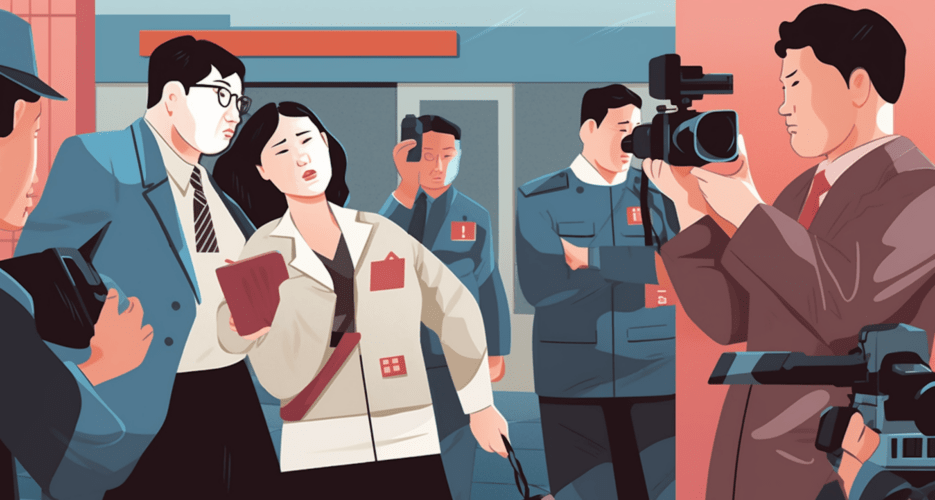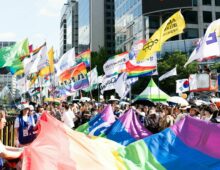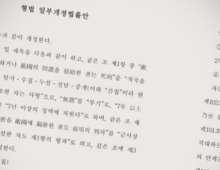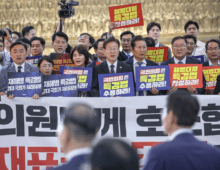Local media’s desire to limit competition hampers international media from accessing primary sources equally
Foreign media unable to access South Korean government ministries and excluded from background briefing opportunities. Artificial embargoes set by Korean reporters that delay the delivery of breaking news. Hurdles that complicate and in some cases prevent international media from obtaining primary source documents.
These are some of the problems blighting the ROK’s media ecosystem, which has for decades operated on a two-level basis that overtly favors local media over the international press, even though no rules or laws exist to formally justify the prejudice.
Foreign media unable to access South Korean government ministries and excluded from background briefing opportunities. Artificial embargoes set by Korean reporters that delay the delivery of breaking news. Hurdles that complicate and in some cases prevent international media from obtaining primary source documents.
These are some of the problems blighting the ROK’s media ecosystem, which has for decades operated on a two-level basis that overtly favors local media over the international press, even though no rules or laws exist to formally justify the prejudice.
Get 30 days
of free access to
KoreaPro
Full access to all analysis
The KOREA PRO newsletter, every business day
Daily analysis on the top story of the day
The ability to suggest topics for coverage by our specialist team
Be smart about South Korea
Get full access to expert analysis and opinion.
Start now
No charges during your trial. Cancel anytime. A paid subscription will start after 30 days.
© Korea Risk Group. All rights reserved.
No part of this content may be reproduced, distributed, or used for
commercial purposes without prior written permission from Korea Risk
Group.












